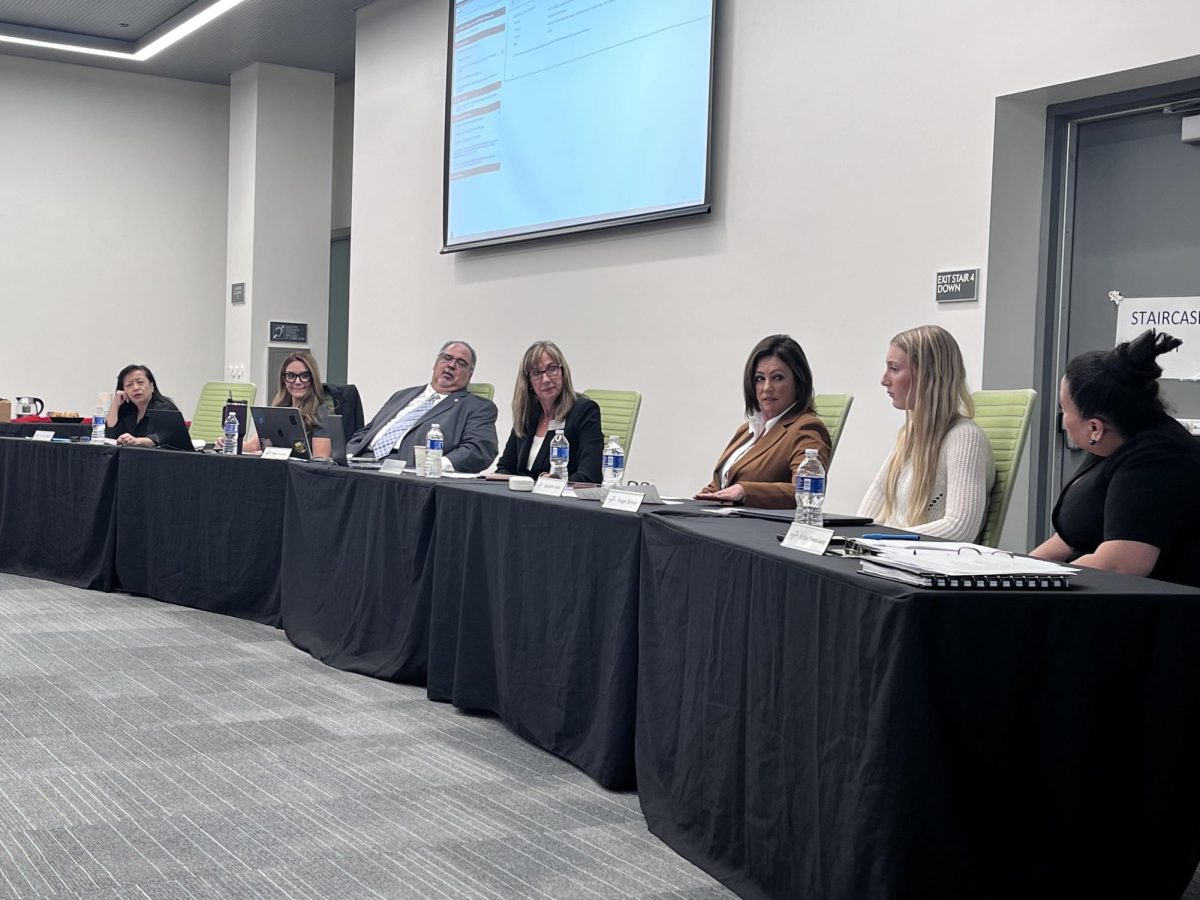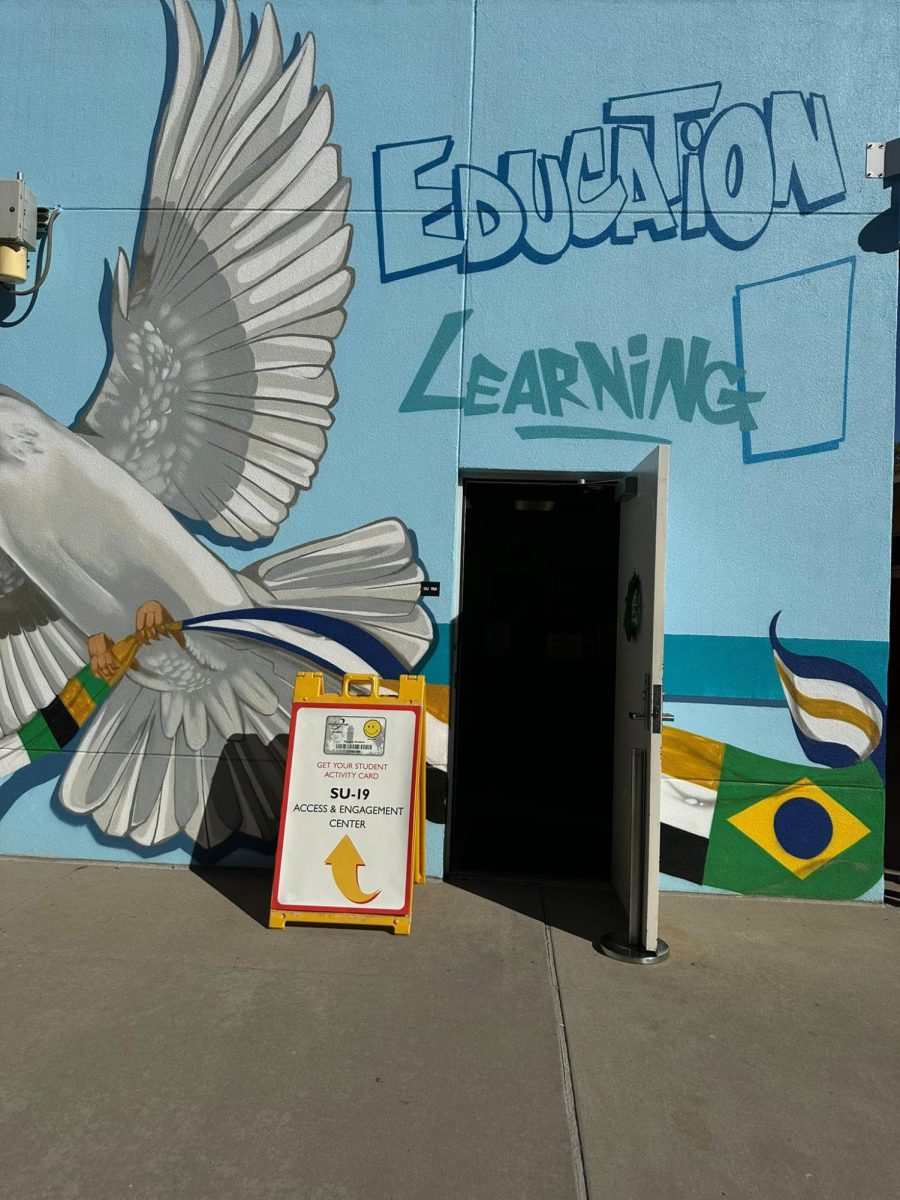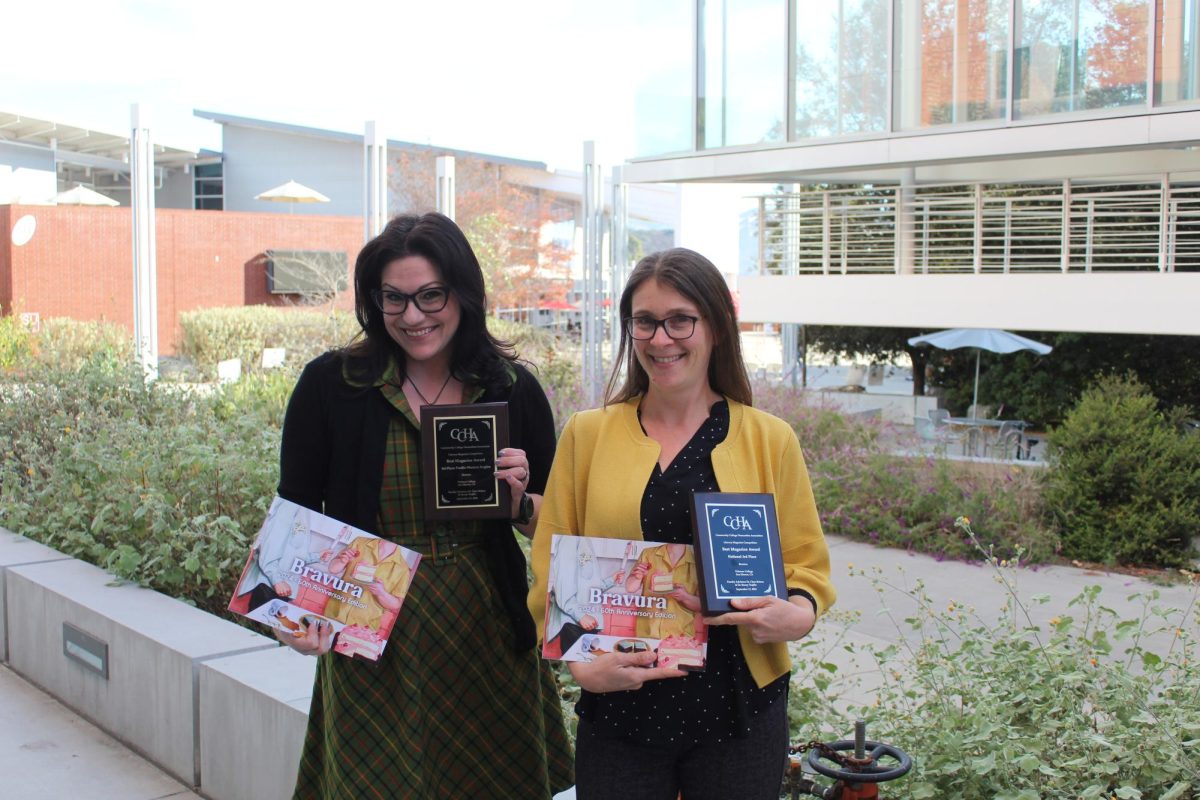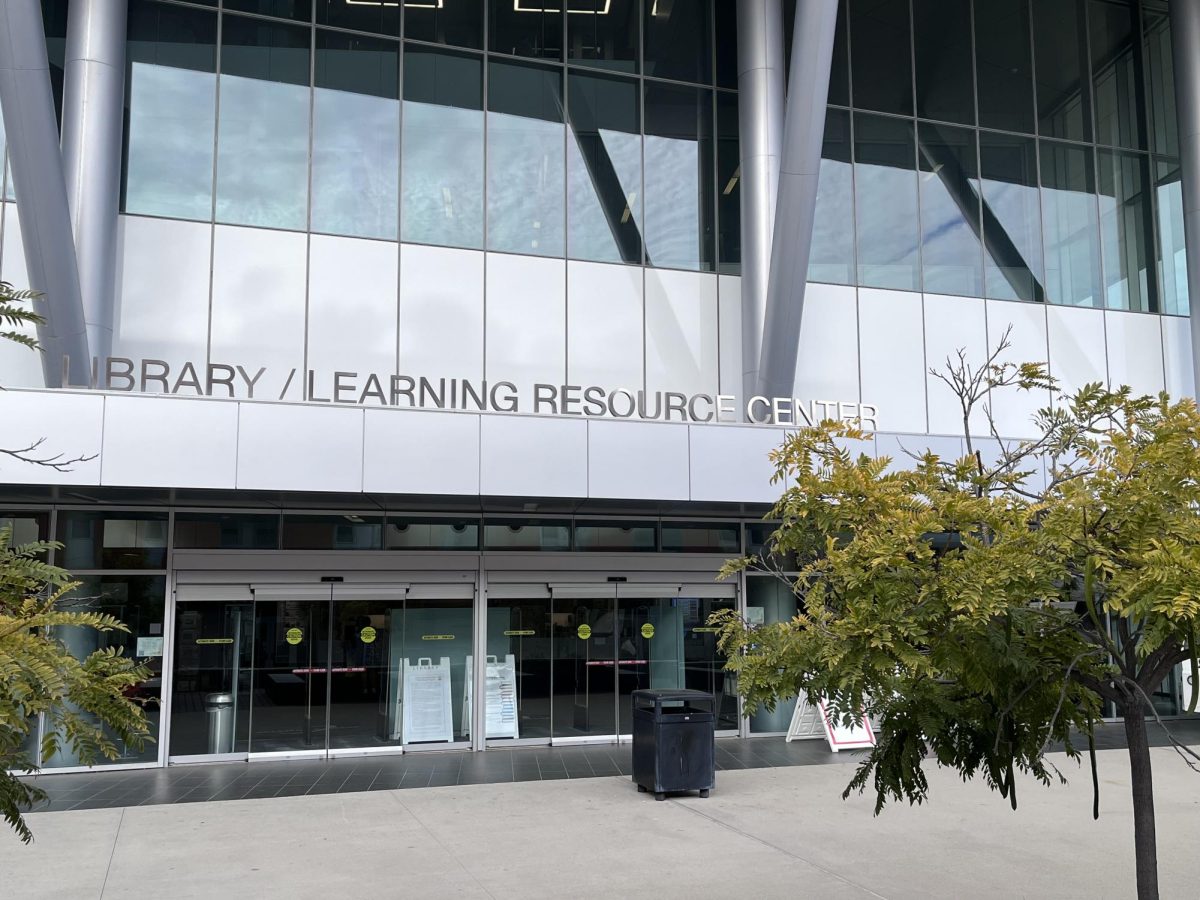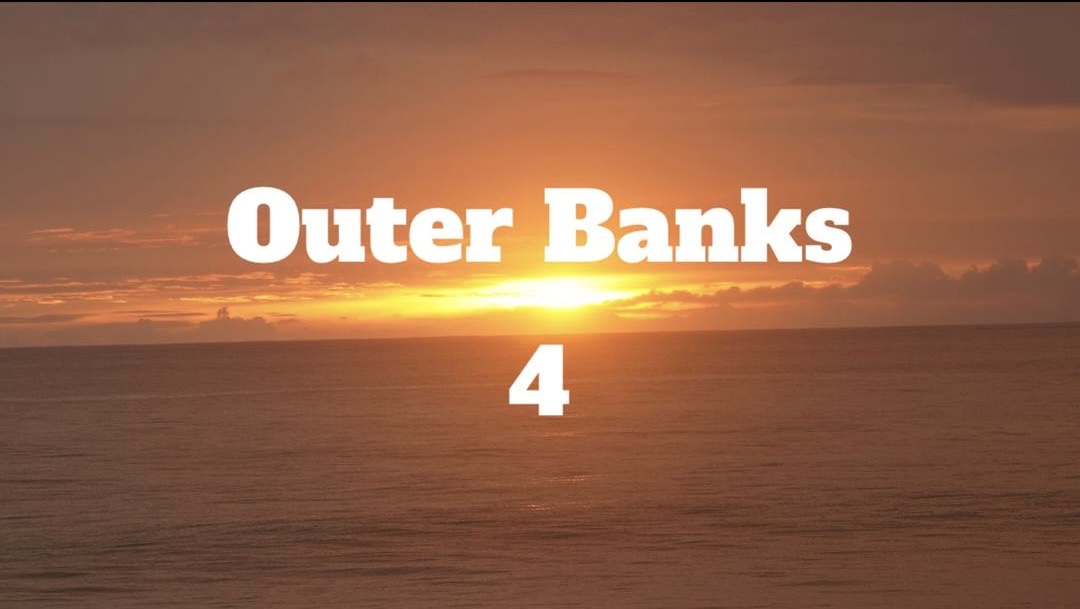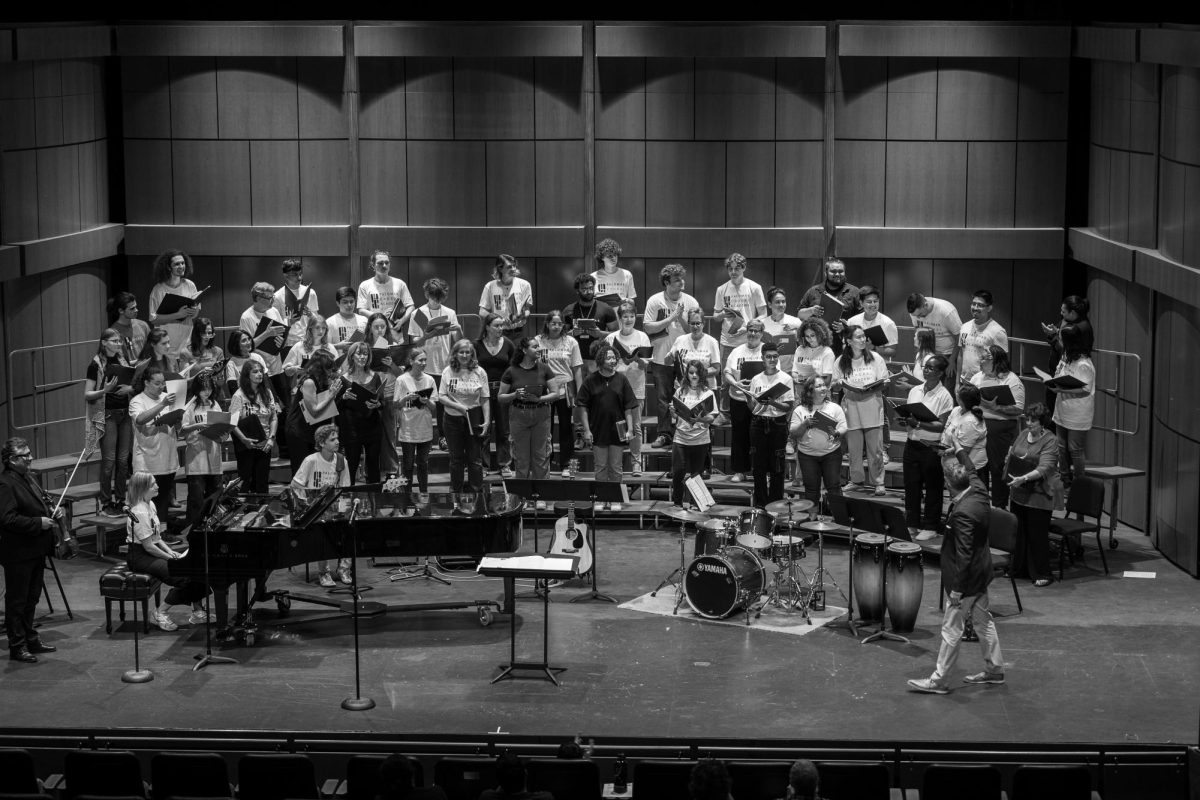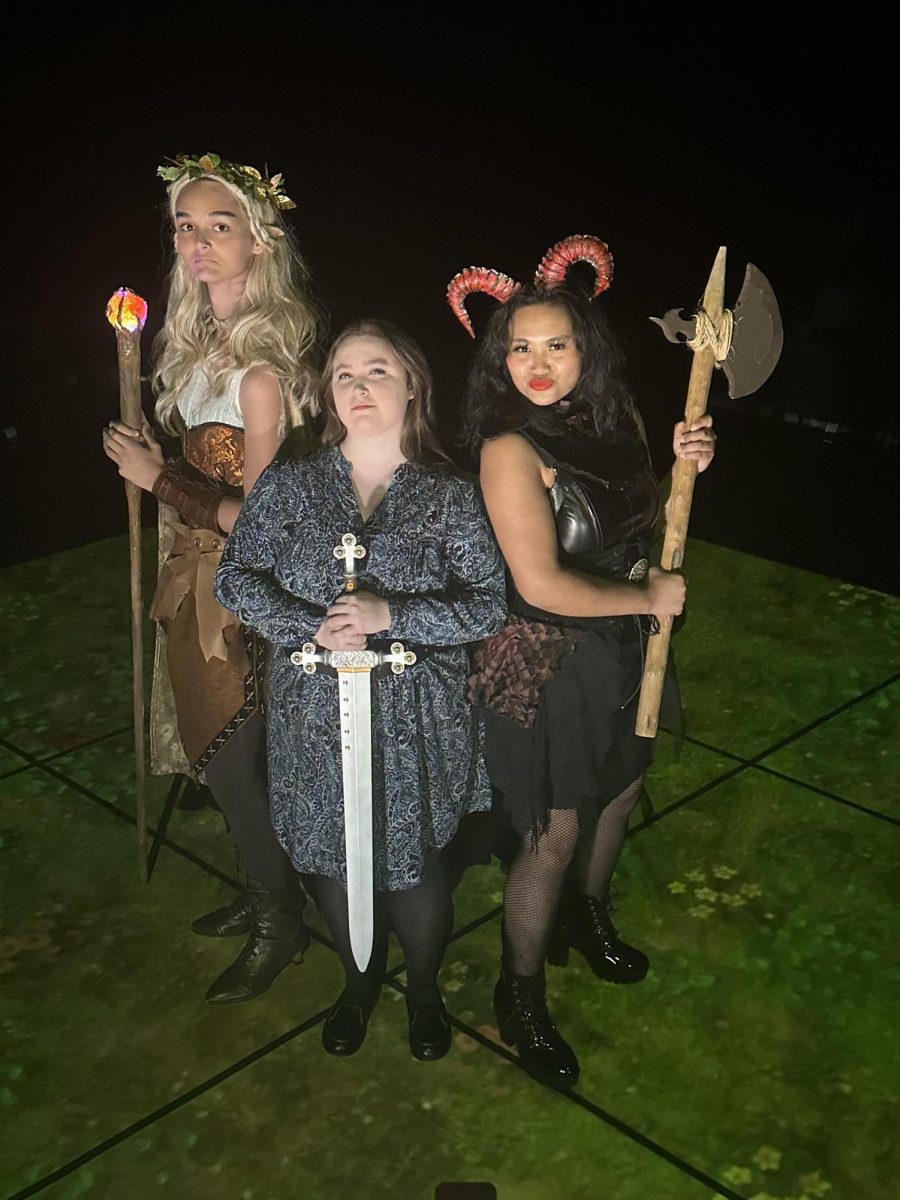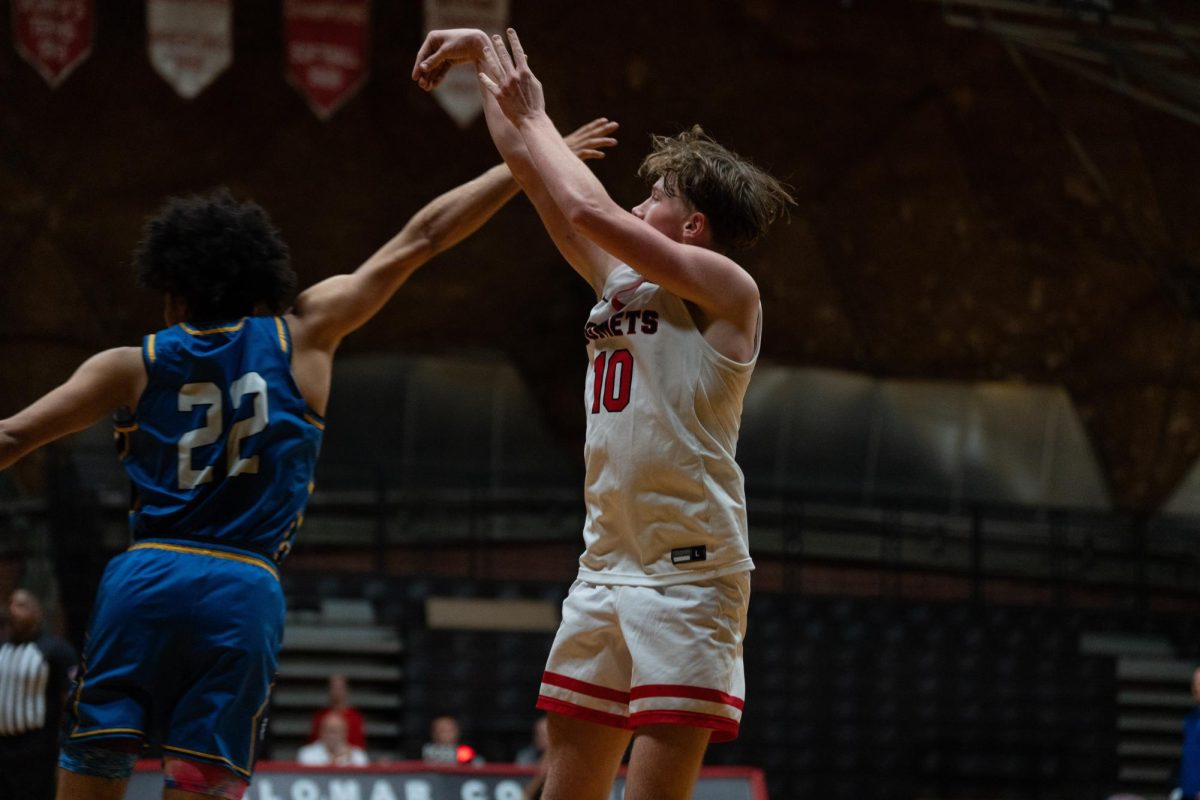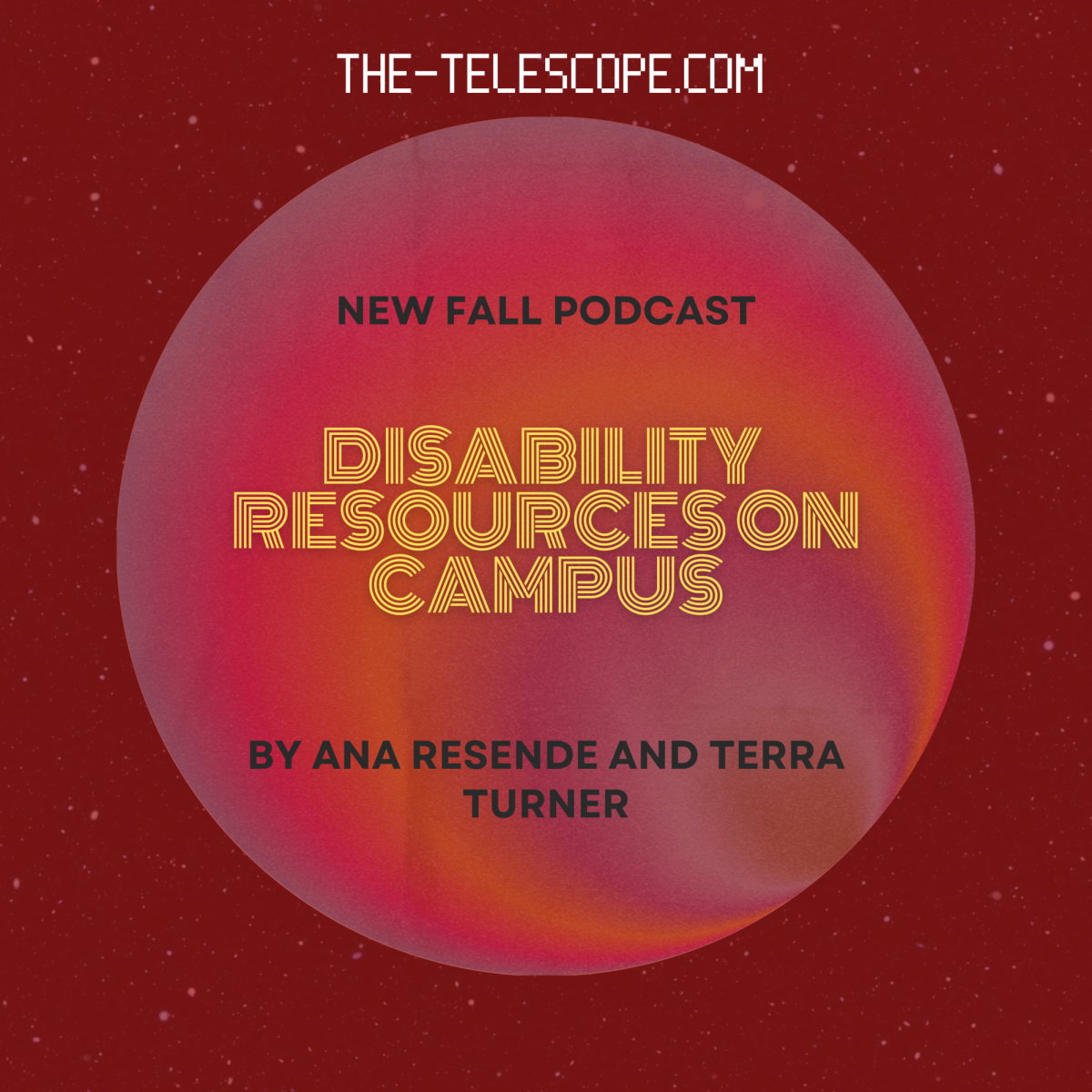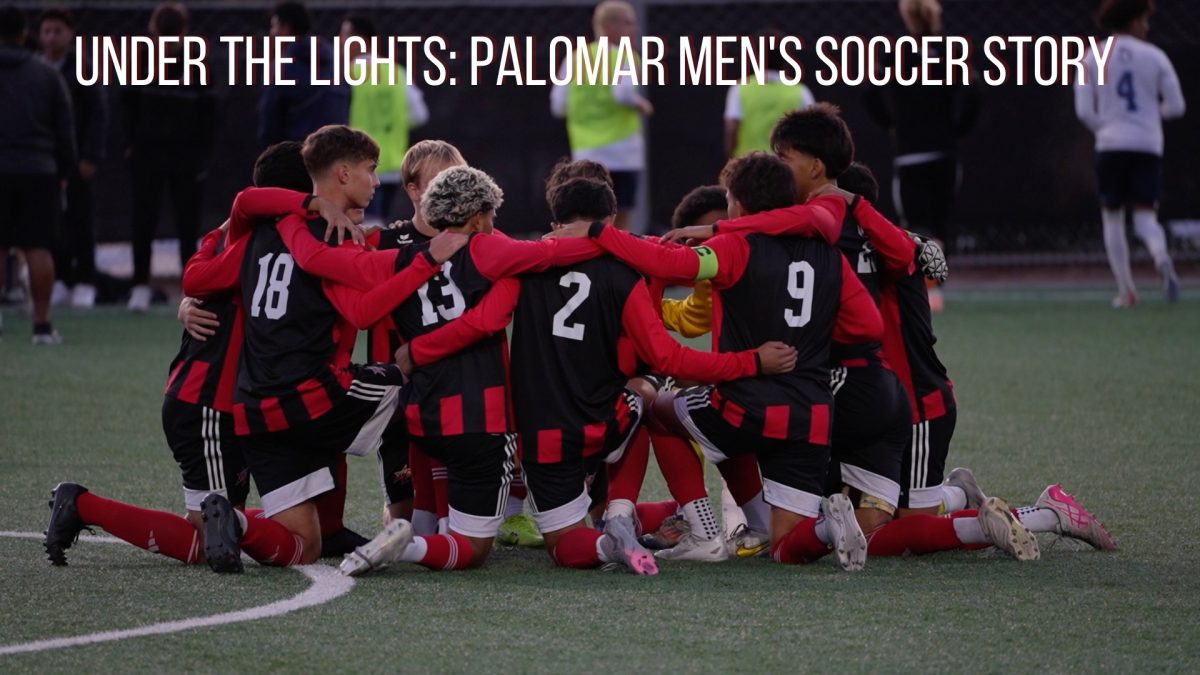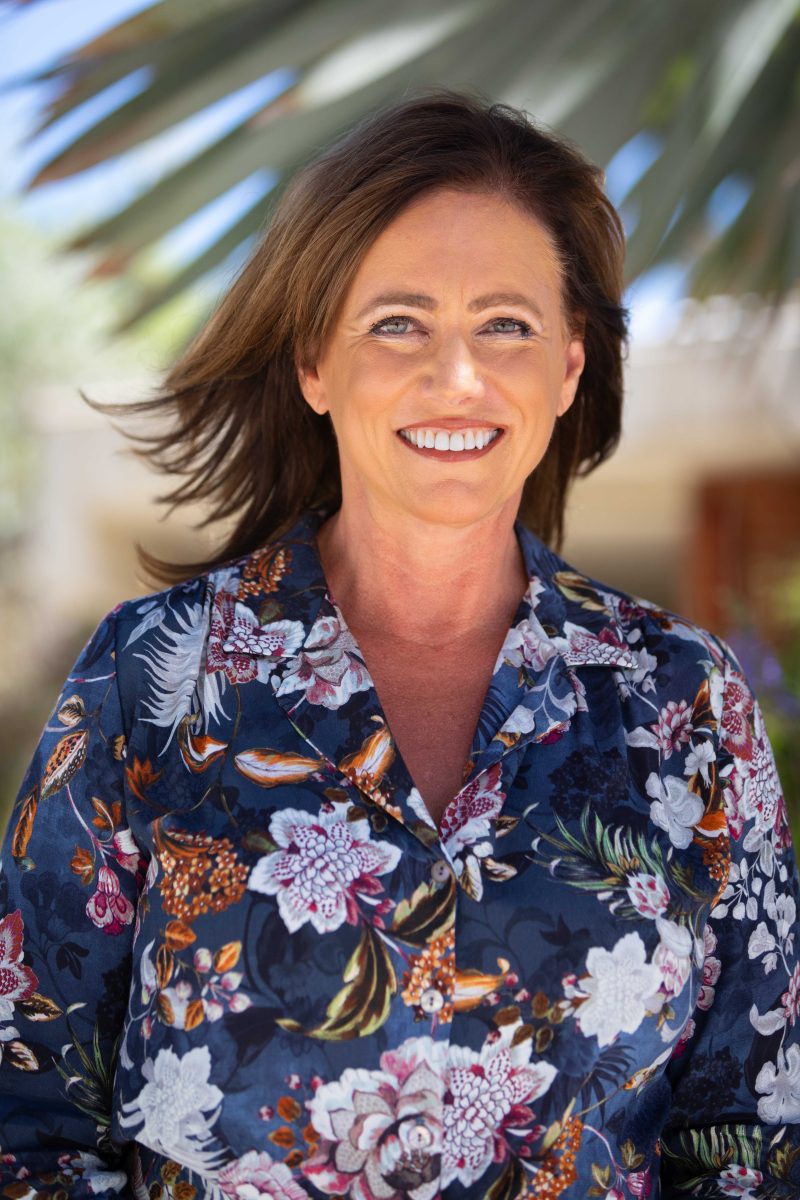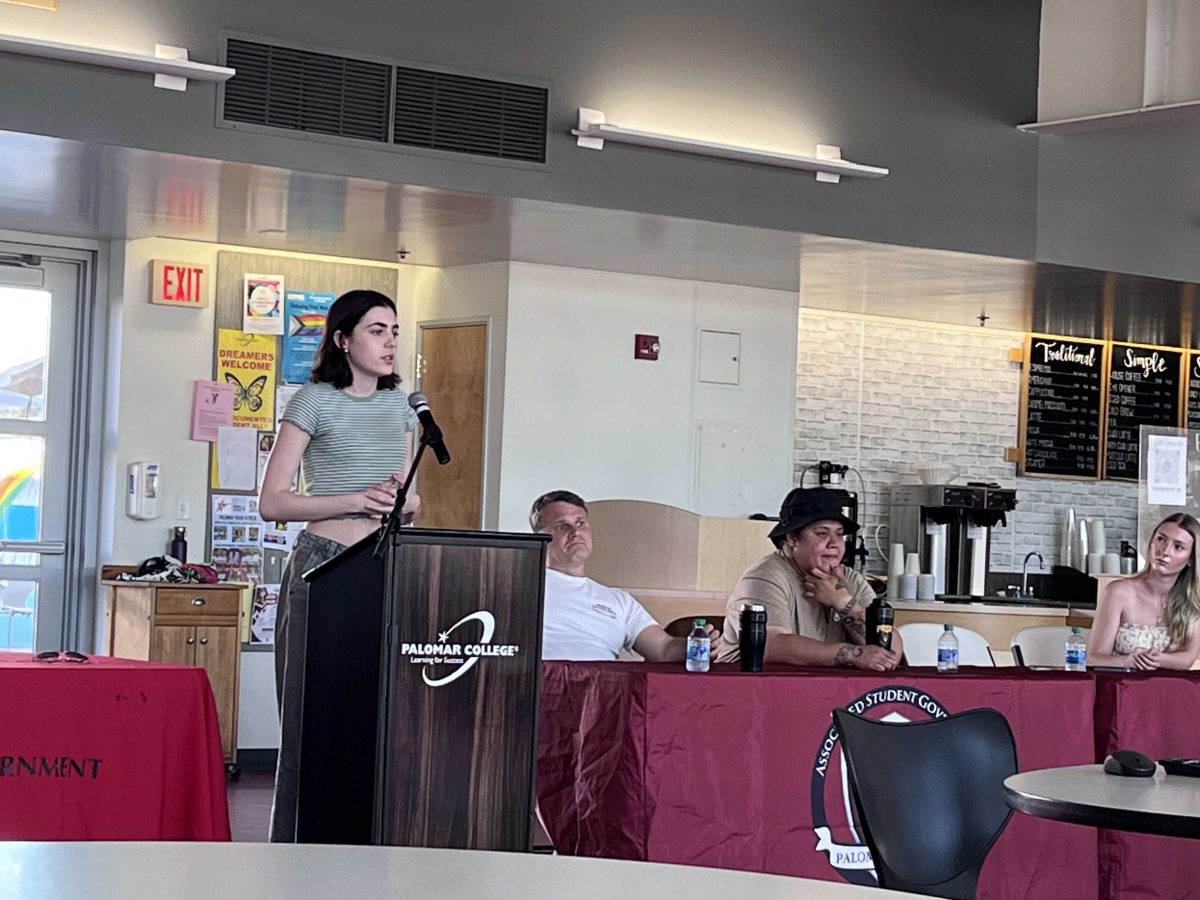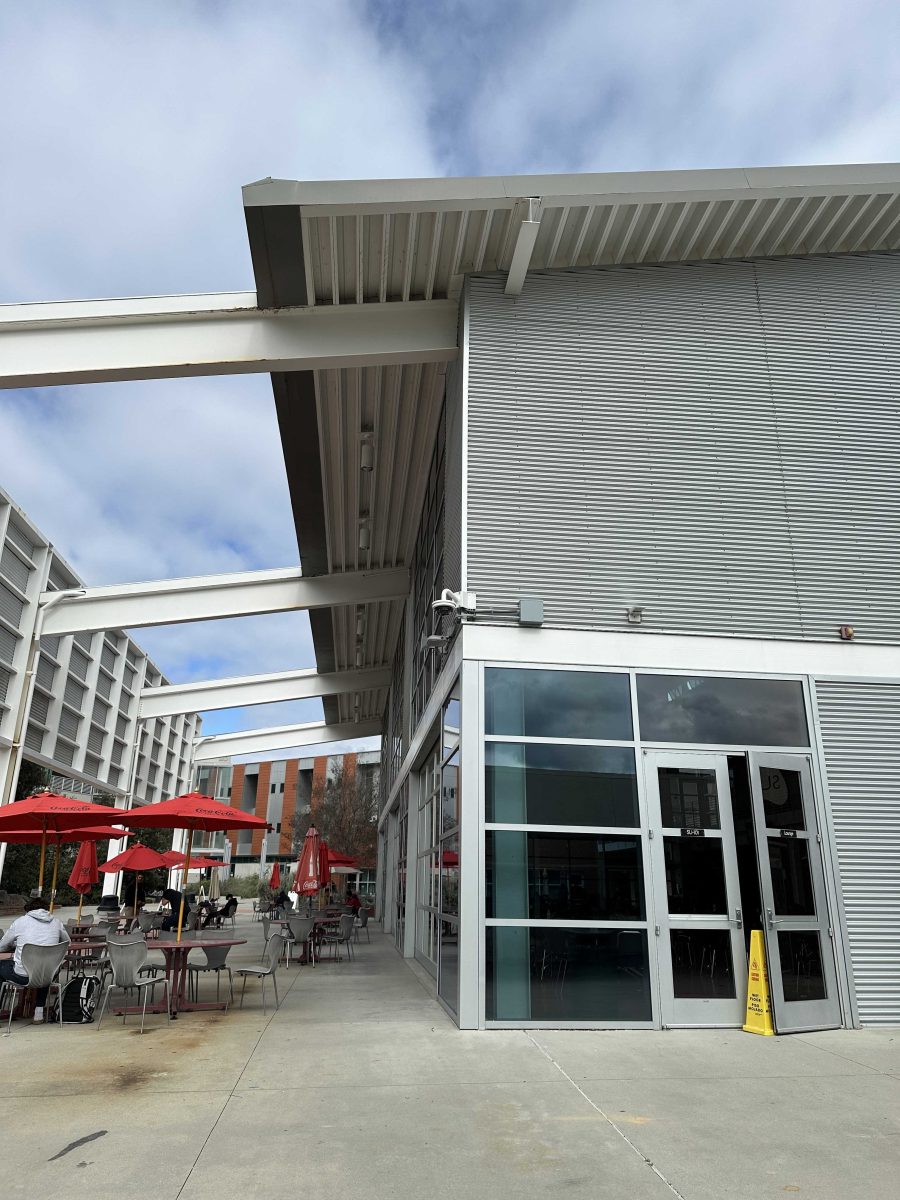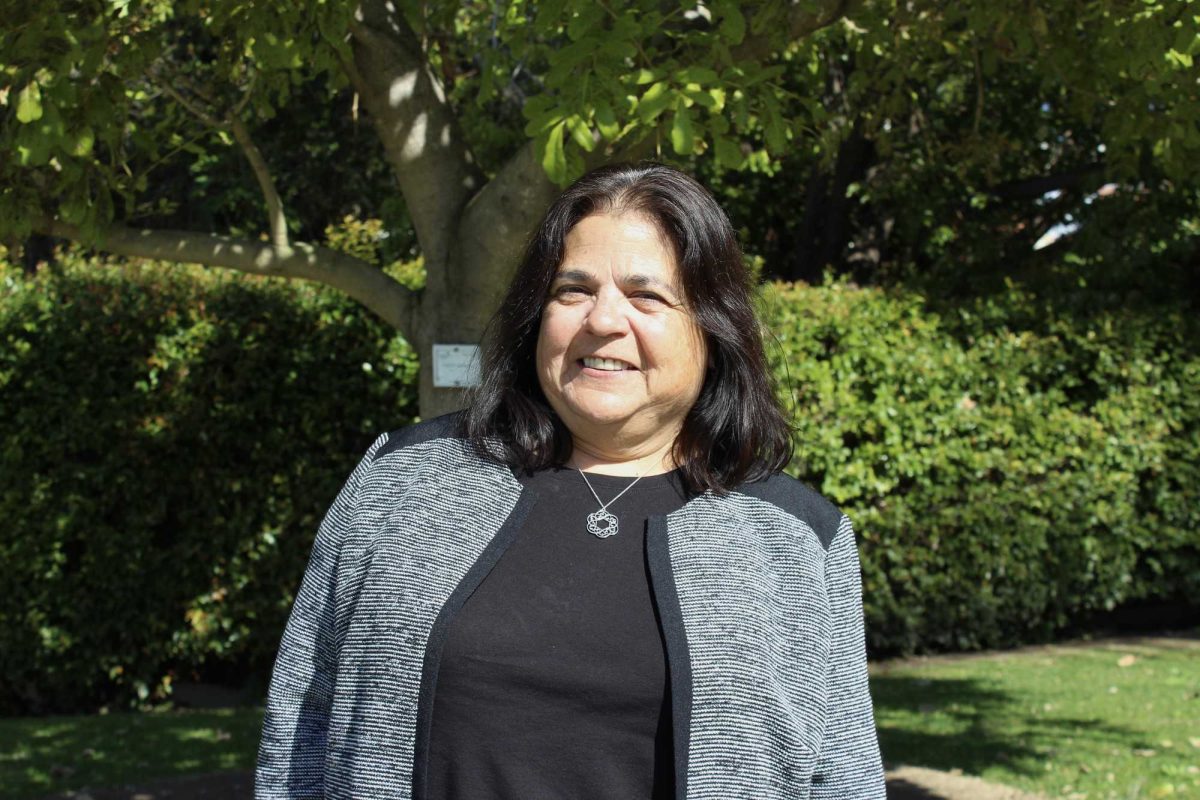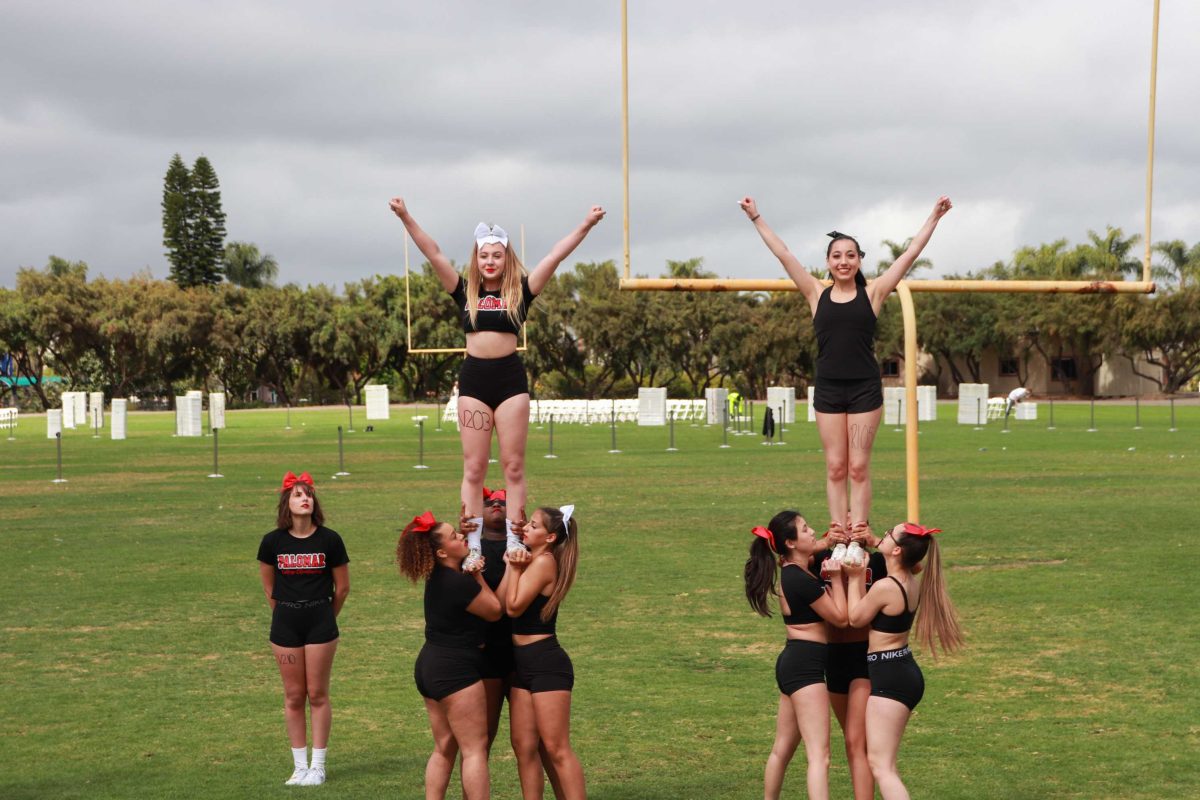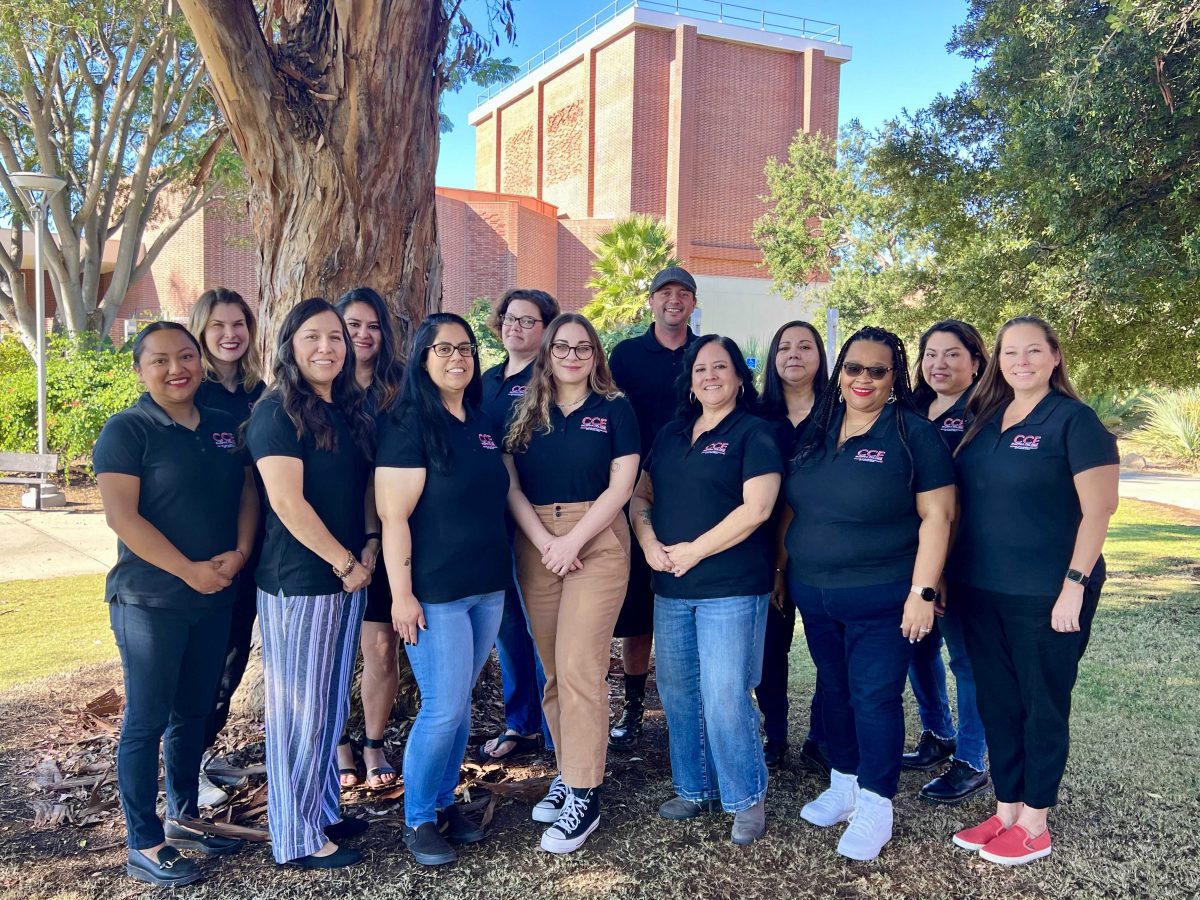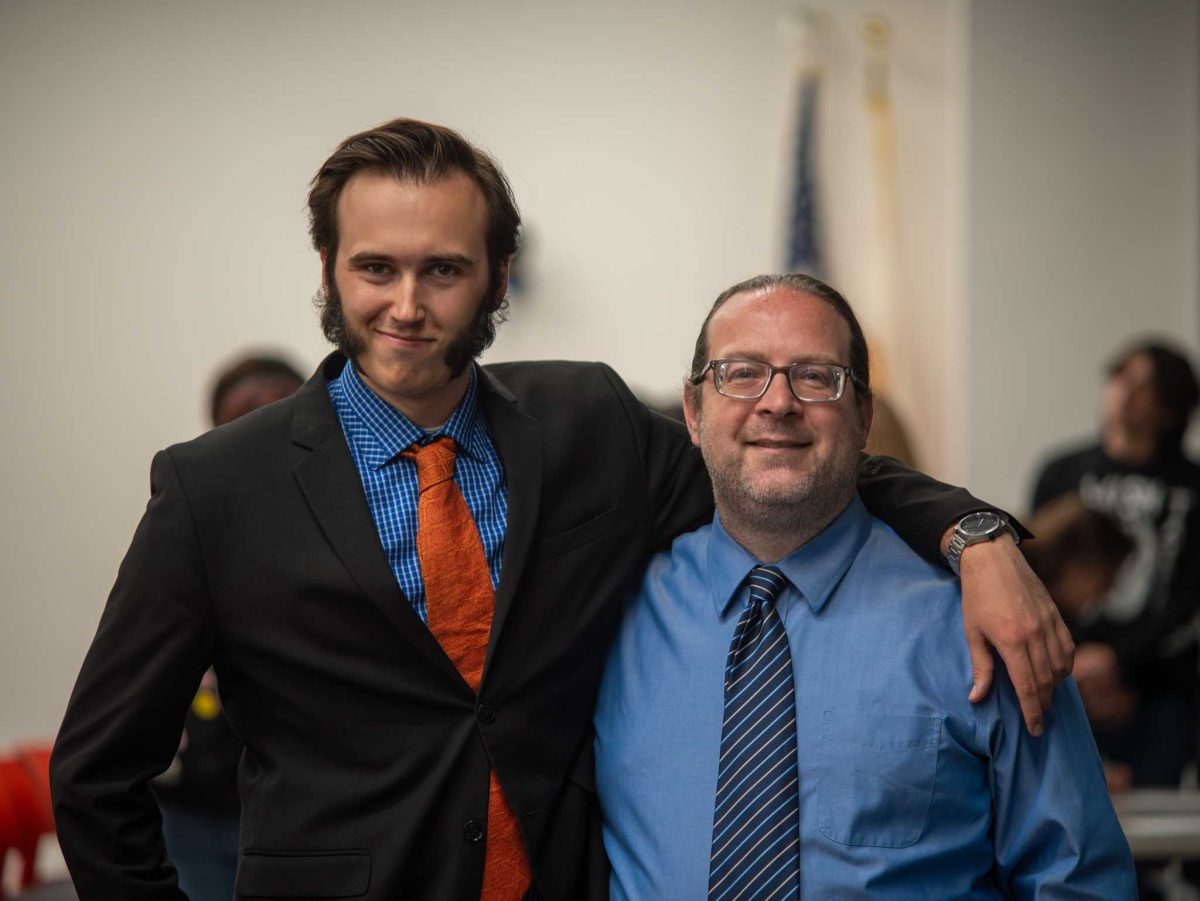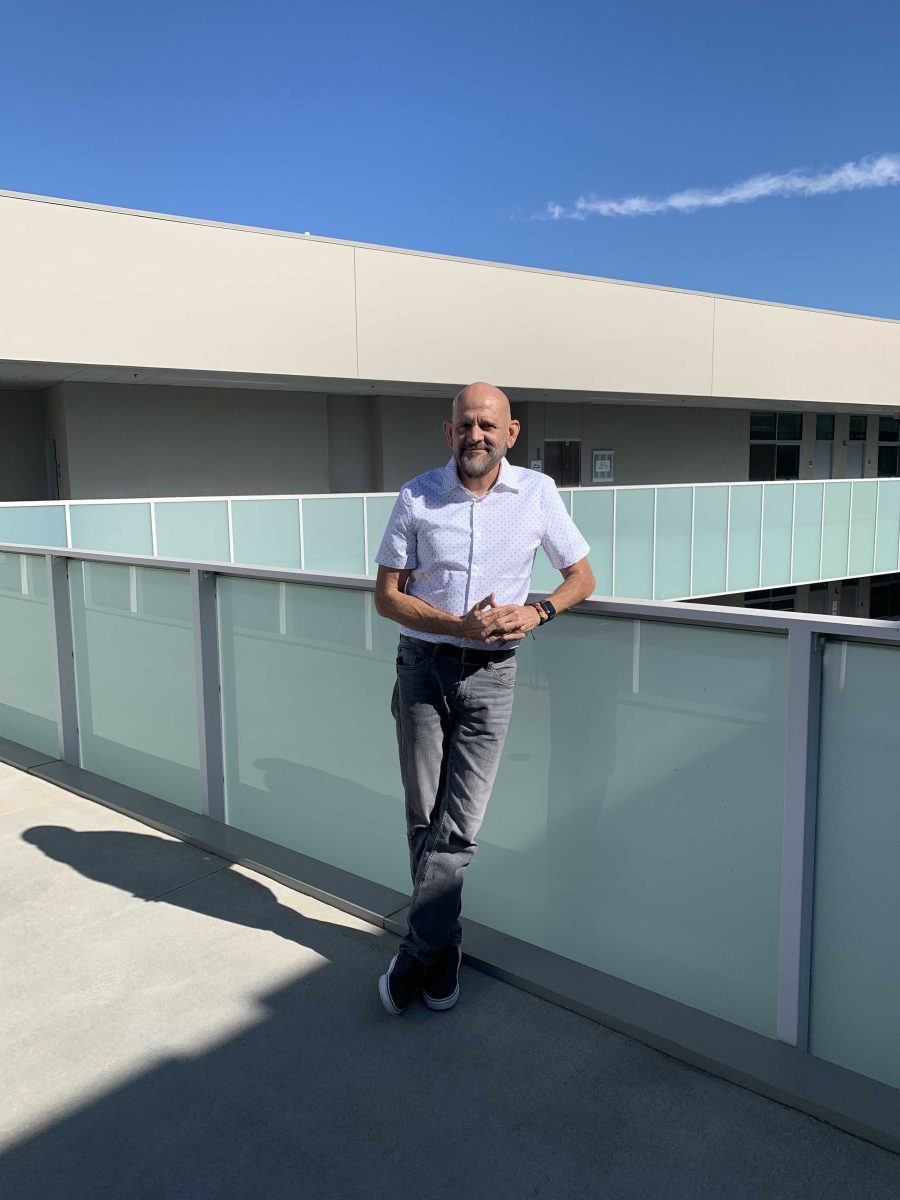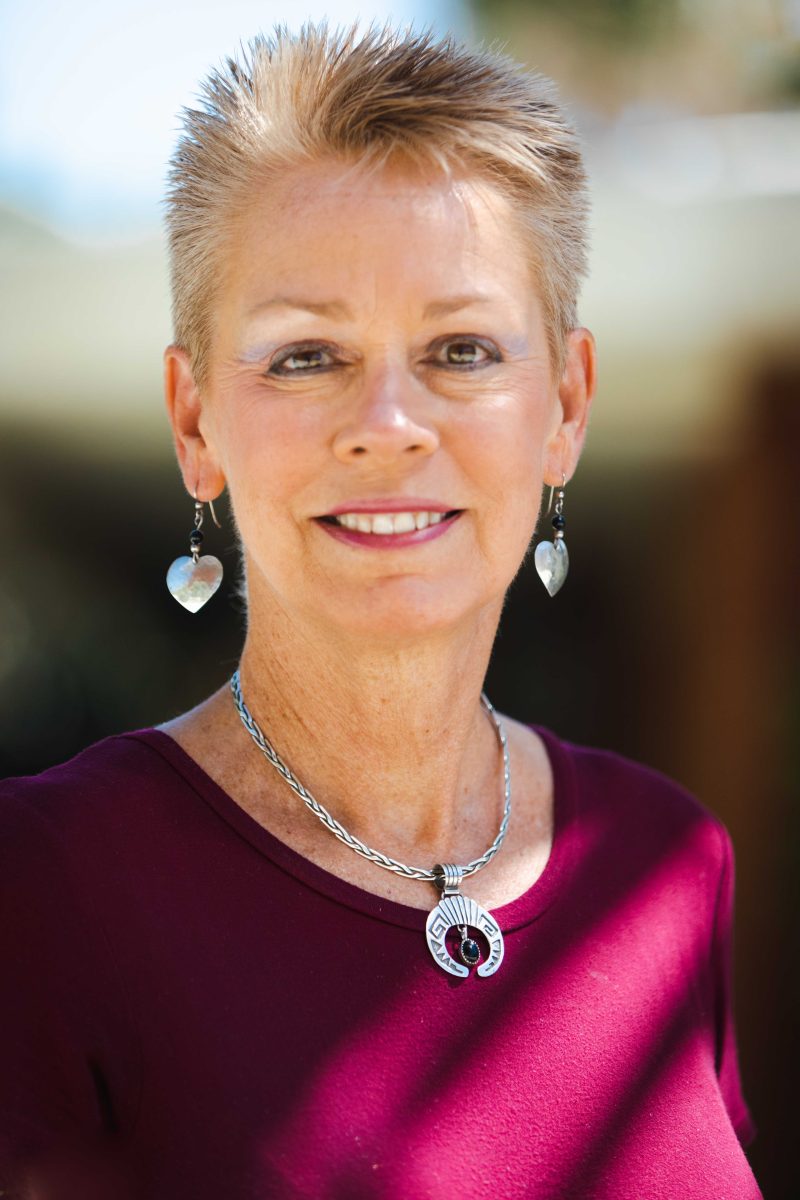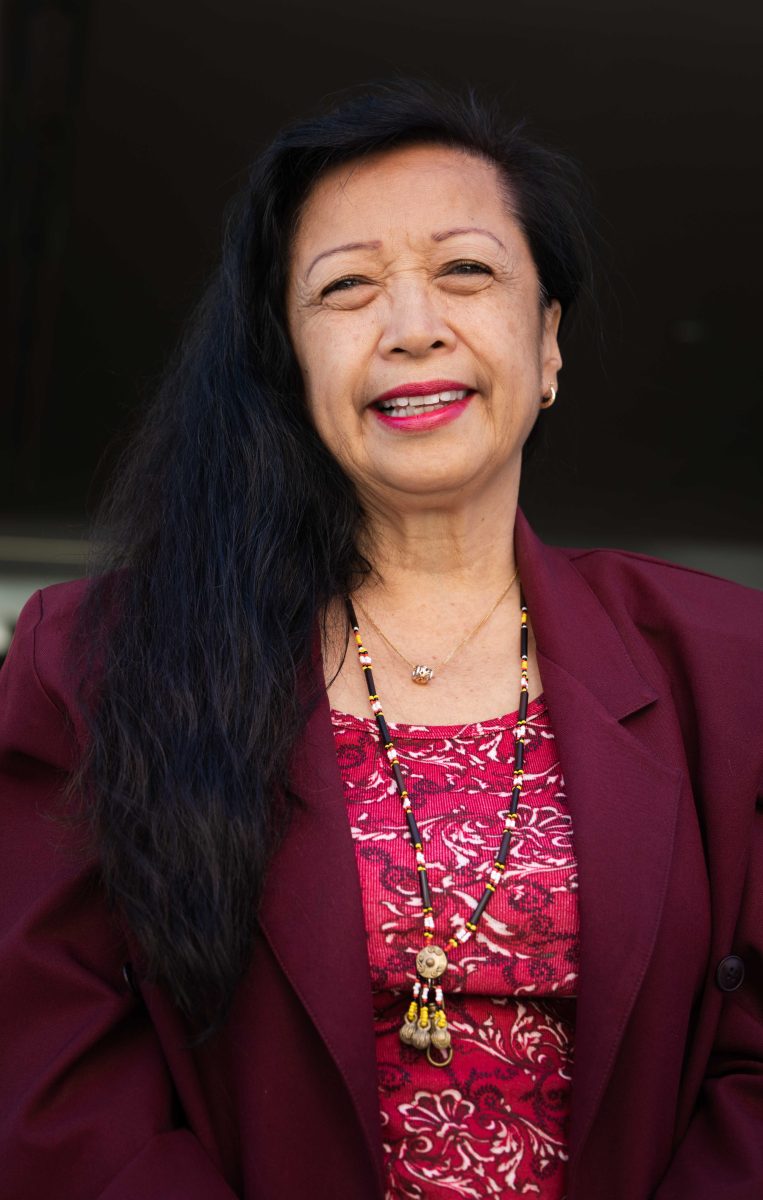The Telescope: Tell us a little bit about yourself. And what was the last book that you read?
Jacqueline Kaiser: A little bit about myself, I’m a Midwest transplant. I moved here with my husband about fifteen years ago with our three kids and all the rest of it, packed up everything, sold everything else, and um have loved the Southern California lifestyle. I am a regional director for MetLife. So I manage a large group of retirement plans that are primarily in the not-for-profit governmental space.
So I do work with a lot of educational institutions, community colleges, some not-for-profits, some hospitals for those governments, things like that. So I hate to be really boring, but I did look up the last books I read. It was Fundamentals for Income Taxation, because I’m an avid learner, and I’m a lifelong learner. So I am always taking a class. I’m always taking a course. I’m always getting some kind of certification. I’m actually working on another certification for my field, and the last course was the income taxation. Very interesting, right?
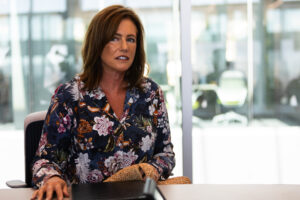
The Telescope: Who are your influences?
Jacqueline Kaiser: Well, I had to think about that one, and I think my biggest influence was probably my grandmother and my mother. They were both really faced with a lot of difficult situations in life, and both of them had to persevere beyond. It was not easy for them. They had to work really hard, and one of the things that really probably motivated me the most in my educational pursuit was my mom because I saw how hard she worked as a single mom with five kids and an eighth-grade education, and we grew up pretty poor. She never complained, and she always just persevered through all the difficulties, and my grandmother was the same way. My grandfather was very ill during the great depression and ended up having to leave the farm for almost a year, and my grandmother single-handedly saved that farm when many other farms were lost. So I feel like I have a heritage of perseverance.
The Telescope: Why are you running for the Palomar Governing Board?
Jacqueline Kaiser: Well, you know honestly, during the pandemic really because I wasn’t traveling as much, and I was home a lot more, and it just really caused me to reflect a lot about where we are as a society, how our government is, and it really motivated me to get involved. So you know, the first thing that I did in 2020 was I just went down to the voter’s registration. I’m like, “Okay, this is where I live. What can I run for?” I put my name in for the Fallbrook community planning group. I actually won a position on the group and I’m happy with that.
But when this opportunity came I was actually approached to run for this opportunity. Just kind of given my work experience, and my love of education. So it’s really that. I feel like I’m at a different place in life, right? I’ve been where all of you guys are, and I’m on the other side of that now, and you know, I’ve worked really hard and have been able to achieve a certain level of success. Always room for more growth. But you know, I feel like now that my kids are grown, it’s time for me to give back, and I know that maybe sounds a little corny, but it’s true. You kind of get to that place in your life where you want to leave this world a better place for your kids, for my grandkids for my community as well.
The Telescope: Can you tell us about what experiences and skills you have that will make you a good governing board leader?
Jacqueline Kaiser: Yeah, I think my work experience is somewhat applicable. I certainly don’t do the same type of role as this would be in the job that I have now. But I do work with those same kinds of people, I do meet with college administrators and HR departments, and although we’re talking about some different issues, I do have experience with those types of people in that type of setting and administration.
Also, like I mentioned earlier, I truly do have a love of learning, and I’ve never stopped taking classes. I’ve never stopped reading. I’ve never stopped growing, so I think that is unique. And then I think also I kind of bring a special skill set in that I personally have had to persevere over a lot of obstacles, a lot of things in my way, and I feel like I’m a very resourceful person. So when there is a challenge or a problem, I really enjoy brainstorming and coming up with creative solutions, or maybe things that haven’t been done before, and I’m able to do that a lot in the position that I’m in. And I’ve really been able to bring some unique solutions to kind of challenges that we have had at work that people haven’t ever really thought of before, and that you know what? Some of your experiments work out good. Some of your experiments, you know not quite as good, but I think I bring kind of an openness, and a willingness, and open to new ideas, new ways of doing things.
The Telescope: Did you ever attend any community colleges for your education? If so, where and what do you study?
Jacqueline Kaiser: Well, of course, in the Midwest I did. I was a really good student when I was younger, and I was always pulled out for being in all of the top classes when I was really young. But as I kind of mentioned you know, we had a really rough situation when I was growing up, and no one had ever gone to college ever that I knew of, I didn’t even know people who had gone to college. So when I graduated from high school, that was not something that was even thought about, talked about, planned for. I did try to do a four-year college institution shortly after I graduated, and you know what? I wasn’t ready. I did not have the support which I needed. It was too expensive for me. I also found because I really wasn’t focused in high school, I wasn’t really prepared for even the academic rigors. I wasn’t. And it was kind of, not a good experience for me. And so I ended up going back. But I took a really long and circuitous route to get where I am.
I did go back to community college because it was just something that was local to me. It was in my community and didn’t feel so daunting to me. I had a really busy schedule. I mean, I put myself through college with a husband, three kids, two dogs, a mortgage, running a business. So, I had a lot to juggle, and that was really a good segue. And kind of as I mentioned, I did need some remedial skills, too, and that was a good way for me to kind of pick up on some of those skills that I just didn’t do in high school. I wasn’t focused at that time. I was just really, I think, too distracted by what was going on.
The Telescope: Do you have any prior experience with Palomar College?
Jacqueline Kaiser: I don’t, no. As I said, we moved to Southern California about fifteen years ago. I moved to San Diego County about seven years ago. So Palomar is a new experience for me. I have experience with community colleges and those other ways that I mentioned, but not with Palomar.
The Telescope: What did you study when you were going to community college?
Jacqueline Kaiser: It was mostly General Ed. I was a legal assistant back in the day, So I did take some coursework around that. But I ended up using it mostly as transfer credits for going for the bachelor’s degree and then ultimately for a master’s degree.
The Telescope: What is one thing that you like about Palomar? And what’s one thing that you would change?
Jacqueline Kaiser: I do like the accessibility, and I think I mentioned that earlier. I think community college, I mean let’s face it there’s always going to be a group of students where there’s going to be a good segue and a good path for them to a four-year university. Maybe there’s other groups of students that know exactly what they want to do, or they have a career path, and they can take that. There’s a lot of students that fall into kind of that gray area where maybe they’re not even sure what they want to do personally. Or maybe they don’t have that kind of support to take that lead to the four-year university. Maybe they weren’t, you know, integrated into that system. Because you do kind of have to have some exposure to it.
So I like that It’s an accessible point and that it provides a starting point for students that whether they decide they want to do something on an academic path, and they want to continue their education or maybe they just want to get a certain and specific skill set or training to actually just go into a career at that point in your life, and excel at that. I like that. It’s close, and it’s accessible, and it’s affordable for people.
The Telescope: What is the one thing that you would change about it?
Jacqueline Kaiser: You know, learning a little bit more about Palomar, I think obviously the fiscal responsibility is a big piece of this. Because that needs to be addressed to really, look at the long-term health of this organization. I mean, that’s pivotal. We’ve got to get your enrollment at a certain level and hopefully increasing, and the finance is in a place where the college is at a sustainable level for a long time. So I think that that’s probably one of the really key items that needs to be addressed immediately.
And then I think also, really I’m not an academia, I don’t come from that type of background. I’m a business person. I understand business, and I think there’s so many opportunities in Southern California here, and especially in San Diego County. In some of the high tech areas, some of the sciences areas, the law enforcement, the firefighter, EMT route that partnering with people in the community to really bring some specialized training and course work to the college. I think that would be really beneficial, too.
The Telescope: What are some of your short-term and long-term goals both at Palomar and personally?
Jacqueline Kaiser: I think the fiscal responsibility piece is huge and providing a really high-quality educational experience, I mean, that’s really key that’s going to drive your enrollment and that’s going to drive interest and continuing to build a good reputation. Long-term like I mentioned earlier, is incorporating, I think, the needs of the business community here and the desires of the community that we serve. So actually, there’s businesses that need specialized skills and specialized talents. Why not meet those needs, because I will tell you, it’s I mean again, I’m at a different stage of life, and many of my friends have kids who, would love to see them stay in Southern California, but sometimes that’s just getting more difficult to do. It’s a high cost of living, it’s an expensive place to be, it’s not the easiest with the housing market. So really working within a community with what can we provide at Palomar that will bring some of those good-paying career outcomes that can help people to build a life here and be able to stay here in Southern California.
Personal, you know I thought about that one, and I just honestly, I came up with finish strong. I mean, that is honestly what me and my husband talk about a lot, you know? Not to be a doom and gloom, but I think, “Okay, so what do we have? Twenty years left? Maybe twenty-five? I don’t know.” So I’m at a different stage of life, and it’s really important to me to finish strong to utilize every opportunity I have, every skill I have to leverage that not only for my family, but for my community as well.
The Telescope: What are some resources you think students are lacking? And how do you make them available?
Jacqueline Kaiser: Well, that’s a great question. And as I mentioned earlier, I don’t have a lot of experience with Palomar, and so that’s where I think that I personally, and probably all the other trustees as well, really do need input from the student body. I mean, everybody is a stakeholder, right? The faculty, the students, the community, the business community, and I would really lean upon the students to help me to determine what are those needs? Is there something missing? Is there something that can be easily provided that will really make a difference in the educational outcomes? So you tell me, do you have something that you feel like it’s missing?
The Telescope: I don’t know how objective it would be to put my opinion.
Jacqueline Kaiser: Everything is subjective right? Because you’re in a different place than anybody else is.
The Telescope: I’d say, when I was enrolling for courses here at Palomar I noticed that there was a lack of high-flex options. The majority of it is online and for me personally, I have a hard time with online learning, which is why I want to do in-person learning. So I’d say, being able to have more classes available in the high-flex module, going forward.
Jacqueline Kaiser: That’s a really interesting and good point because, during the pandemic, my daughter ended up moving, and they lived with us for a couple of months, and I saw my two granddaughters in school online, and you know, one did fairly well, and the other one really struggling, and it just was not her personally. It was not a good fit for her, and I think that that’s a great point that we need to be respectful of that. That people do learn in very, very different ways, and what might work for one person isn’t necessarily going to be a fit for another. So I think that’s good feedback, Thanks.
The Telescope: And so on that. How would you work to ensure that everyone’s academic needs are met?
Jacqueline Kaiser: Well, I think, as you mentioned, I mean, if we’re going to take that as an example. I think it’s really digging in and finding out what can be offered as far as onsite and at the college itself. Maybe there are some courses that may be better suited to an online learning environment. So I think it’s difficult to kind of make a blanket statement about how we would do that. But I do agree with you that I think that as much as possible, bringing that in-person learning, or at least a component of it. Even in a course that maybe a lot of it is offered online by bringing some of that community back, and some of that kind of experience with other students back. I think that’s important.
The Telescope: Have you spoken to the faculty about the merits and concerns of AB1705, and what perspective did you gain?
Jacqueline Kaiser: I did not. You know, to be really frank, I’m not an academia. So the Palomar faculty, they did endorse my opponent. You know she does have a long history in academia. I don’t, so I didn’t have that opportunity to interact with them on this legislation. My understanding is, I do kind of understand what’s behind the legislation and kind of the intent of it. And helping students to get through their college experience at a good faster pace, and not using those kind of remedial courses as a way to keep students in the system longer. I think we need to really think about how that’s implemented.
And I’m just looking at it from a totally subjective point, because, as I mentioned to you, guys earlier, I started out strong in school, but high school, I was lost. I was kind of the lost kid, and by the time I graduated from high school I had decent skills, but I didn’t have the mathematics and the English that I needed to go into a college setting. So I think that to me is probably going to be one of the trickier parts. When you have non-traditional type students how do you bridge that gap between their current skill set and what they’re going to need if they decide to transfer on and go to higher course work.
The Telescope: How often do you visit campus and interact with the staff and students directly?
Jacqueline Kaiser: I don’t at this point in time. I don’t have a student here, so I’m not part of the, you know, kind of visiting here on a regular basis. But of course, if elected, that would be an exciting part of my job, and being here on a regular basis and making sure that – I mean, I’m a very open person okay, and I’m willing to hear any side and every side of an issue and try to come up with some kind of decision or conclusion that’s hopefully kind of a win for everybody. So all I can pledge to you is that I’d be open to that.
The Telescope: How do you plan on boosting enrollment?
Jacqueline Kaiser: Well, a couple of thoughts that I had about that; I think that we kind of as a board kind of as a community really need to take a look at why enrollment is declining. Because you don’t know how to fix the problem until we kind of understand why we have a problem, and I don’t know what the answer to that is. My guess is, it’s probably a combination of several different factors, and so it probably wouldn’t be just one easy thing to change that around. I thought it was kind of interesting, because, you know I’ve been probably a little more in tune with articles and things coming across the newspaper and my desk about colleges. And I thought it was kind of interesting to see that some of the four-year universities are seeing higher enrollment numbers and higher admissions than ever. So I don’t think that it’s a lack of a need. But what is it that we’re not fulfilling? So I think we need to get to the bottom of that piece as well.
Another thing that I kind of thought about, too, was maybe with some of the different funding options that are available to students now, and loan forgiveness, and maybe more emphasis on college aid and assistance. Maybe that’s kind of driving people more towards four-year universities versus doing a community college route to get to a four-year degree, so it could potentially be part of that solution. It could be focusing in on what are some ways we can be tying into the community, tying into the business needs. So there’s always going to be that group of students. If we have the type of programs that are going to be a great fit for people that live here, and they can get jobs, and they can have a good income, I think that’s really a win for the community college system.
And I’ll tell you, I serve on the Fallbrook community planning group, and every month we do get updates from our partners in the community, like the Sheriff’s Association, and we have an update from the firefighters, and I mean, especially here in the Sheriff’s Association. They’re really hurting for people. They have tons of openings, and they just don’t have enough people to fill those positions. So I definitely would be strong behind keeping those types of programs and really enriching them as much as possible, and making them really kind of a first choice for students.
The Telescope: If elected to the governing board, where would you want to see Palomar four years from now, and how do you plan on getting us there?
Jacqueline Kaiser: Yeah, I’d like to see when you look up Palomar that you see good reviews on Palomar. That your community has great things to say about you. That you’re really a thriving and integral part of the community and that you provide really top-notch quality education that really fits the needs of what students have. That it’s a win all the way around, that people love working here. Students love coming here, and the outcome is a really quality educational experience.
The Telescope: Do you think Palomar should provide affordable on-campus housing? If so, how would you help with that?
Jacqueline Kaiser: That’s a really interesting concept. I guess that baseline, first of all, I think you have to ensure that the college is in a good position, financially so that there is a continual path to growth in the future, and it’s stable. And I think you need to address the enrollment too. Because those are going to be the key drivers for the student housing, and maybe that’s one of the missing pieces that drives enrollment. I don’t know yet, but I think you have to be really careful with that. Because there has to not only be funding on the front end for that type of housing, but I mean there’s a maintenance issue as well, and ensuring that the housing is maintained, and really a standard that all of us would be comfortable and want to live in and participate in that kind of community. So I think it could be part of the long-term solution, part of the long-term growth opportunities for the community college. But I think we have to do it in a really smart and a measured way, and I think we have to ensure that it really is a need that the college students have.
Like where I live in Fallbrook, it’s an unincorporated area, most of our lots are bigger. It’s a little more semi-rural, and we understand that it’s going to be growth in Fallbrook. But it’s like, how do you balance the growth of the community against also kind of maintaining that great community standard that you already have? And I see that as the same way as the college here, it’s being smart about the growth of opportunities that are before you, and ensuring that it’s really going to meet the need and that there are the long-term resources to ensure that it really will be an asset and a great place to live.
The Telescope: Is there anything else that we should know about you or anything you want to talk about that we didn’t ask?
Jacqueline Kaiser: That’s a great question, too. I’m really committed to my community, and I’m really committed to bringing all the stakeholders together. I’m really committed to… I feel like I represent some of those unincorporated areas right? Fallbrook, Bonsall, they are out a little further. We don’t really have a City Council government, we just have a planning group. So really representing the needs of that community, like I said, ensuring that we have a long-term plan to really bring some programs that will allow for some decent high-paying jobs that are good educational outcomes. And just like I also mentioned earlier, just really using my time, talent, and skill. All my kids have moved away and now my grandkids moved away. So it’s like, “All right so what am I going to do with my free time now?” Obviously, I’m still working, but just giving back to my community that is important to me, and utilizing the skills and the resources that I have to make this community better.
Editor’s Note: In a previous draft of this story, the candidate’s photo was mislabeled and minor errors were left in the transcribed interview. These mistakes have been rectified. The Telescope regrets the error.

